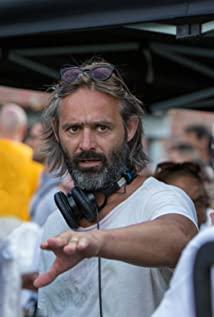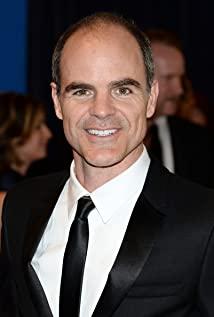"Desperate Altitude", this translation is good and bad. Fortunately, the altitude is indeed the biggest killer of climbing Mount Everest. The bad thing is that the poster and the name completely remind me of Mount Everest, which is far less clear than the original name "Everest". Coincidentally, I just came back from Shigatse three weeks ago, but I regret not going to see Mount Everest in the distance. After I just figured out that the movie was about climbing Mount Everest, I was very happy and thought I could make up for my regrets through this movie and have a 3D Everest addiction. However, when I walked out of the cinema, the wonderful special effects and music did not give me any addiction; on the contrary, my heart was very heavy, because this movie has no Hollywood-style heroism and happy ending at all. It comes from the truth and is loyal to the truth. For this I salute the director and the film crew.
Let me talk about the most impressive points:
first, the switching of scenes and rhythms. From New Zealand to Kathmandu to the foot of the Himalayas to base camp. The film's scenes change as the altitude increases. And such a scene arrangement also reflects the process from birth to death - the altitude determines the existence of life. At the same time, the director made the rhythm of the film fit the weather of Mount Everest very well, so the actors sometimes moved forward with the magnificent music under the bright sunshine, and sometimes struggled in the dark storm. And my favorite is the few silent scenes that pop up between the two states. The first was the night before the departure, when the storm stopped suddenly, and everyone moved forward by the moonlight, as if the explorers had quietly climbed up the back of a giant beast while it was sleeping. The second is the final frame of the film. I will share with you a piece of text I wrote earlier:
"His body lies in the bright morning sun on the edge of the cliff of Nanfeng -- with his hands on the pillow and his feet crossed, as if he is in a comfortable mood. He rested on the ground; it seemed that in a moment he would slap the snow off his body and trot briskly down the last half of the descent."
It is these two transitions between movement and stillness that made me completely admire the director's control over the rhythm of the film, just like a few seconds of blank space left by a master conductor before and after the climax of the symphony, which makes the climax even more brilliant.
The second point is the message that the director wants to convey through the camera: there are no superheroes, no big reunions in climbing Mount Everest, there are only tiny humans and the moody and ruthless nature. The many close-ups of the White Pagoda, the monastery and the Manidui in the movie confirm this, especially the two scenes where the team members ask for blessings from the monks in the temple before they set off and ask the monks to do the same at the base camp. My understanding is that this It is because climbing Mount Everest is to a large extent handing over one's life to God, and things that are unknown and uncontrollable by reason belong to religion.
The last point is that my own experience and the one in the movie are consistent, that is, at high altitudes, the most important task is to realize the limits of your body and take steps to minimize the risk to your body. Several team members in the film have very wrong views: think they can, pay attention to "think", it is only the judgment of the supervisor rather than an objective evaluation. These people were either killed or seriously injured, and also implicated several people who tried to help them.
When I first arrived in Tibet, I thought I could, but I gradually realized that the responsible attitude towards myself should be to tell myself "I can't". Stopping all activities and resting in bed when feeling unwell is an important experience that I have learned from several trips to Tibet alone. In the movie, the team leader's soft-heartedness to Doug's request directly led to the death of three people, including himself, which can only show that the risks brought by any fluke adventures in extreme environments may pay a high price. Although the two leaders were well aware of this, they failed to resist the temptation to take risks and ultimately failed to reunite with their families.
View more about Everest reviews











